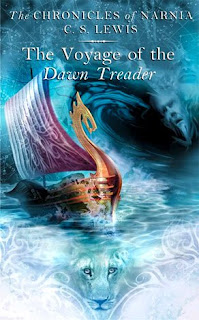
Title: Narrative Medicine
Author: Rita Charon
Year: 2006
A readable and engaging introduction to the developing field of narrative medicine, this book takes a humanistic approach to health care, arguing that we "emplot" our own lives and therefore create our own realities; if personal identities are formed out of our personal stories, then doctors and nurses can foster better relationships with patients, based on mutual respect and equality, by listening to patients' stories and thereby recognizing the individual rather than the illness.
(P.S. This may be the best scholarly non-fiction book I've ever read).

















































